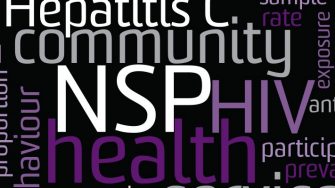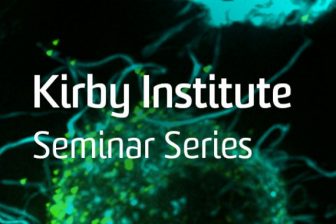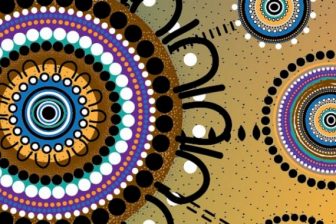
Report type
Research program
Year published
2021
Description
The Australian Needle Syringe Program Survey (ANSPS) provides serial point prevalence estimates of human immunodeficiency virus (HIV) and hepatitis C virus (HCV) (antibody and RNA) and sexual and injecting risk behaviour among people who inject drugs (PWID) in Australia.
Conducted annually over a one-two week period, all clients attending participating NSPs are invited to complete a brief, anonymous questionnaire and to provide a capillary blood sample for HIV and HCV antibody and HCV RNA testing. Implementation of the 2020 ANSPS was affected by the COVID-19 pandemic with a reduced number of services and respondents participating compared to previous years.
This report presents national and state/territory data for the period 2016 to 2020.
Key findings
- In 2020, 38 Australian Needle Syringe Programs (NSPs) participated in the ANSPS and 1,324 NSP attendees completed the survey. The response rate was 35%.
- As a sentinel surveillance system with the capacity to respond to emerging issues, the 2020 ANSPS included a module about COVID-19 related impacts. The majority (78%) of respondents reported that it was not more difficult to access needles and syringes during the pandemic, while 11% reported an increase and 35% reported a decrease in their illicit drug use.
- HIV antibody prevalence remained low nationally, increasing from 1.4% to 2.5% over the period 2016 to 2020.
- HCV antibody prevalence declined from 51% in 2016 to 39% in 2020.
- Among respondents tested for HCV RNA, the proportion with detectable HCV RNA declined from 33% in 2016 to 16% in 2020.
- Among respondents assessed as eligible for HCV treatment, the proportion who reported a lifetime history of HCV treatment increased significantly, from 29% in 2016 to 62% in 2020.




